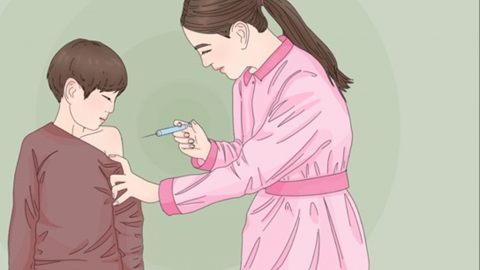Can you eat breakfast before receiving the cervical cancer vaccine?
Generally, if a person eats a light breakfast and has no gastrointestinal discomfort before receiving the cervical cancer vaccine, it is usually acceptable to eat. However, if the breakfast is greasy or spicy and causes symptoms such as nausea or vomiting, or if there are specific medical instructions, eating is not recommended. If in doubt, it is advisable to consult a healthcare provider in advance. Detailed explanations are as follows:

If one consumes a light and easily digestible breakfast—such as porridge, bread, or eggs—before vaccination and experiences no gastrointestinal reactions like bloating or nausea, and remains in stable physical condition, then eating breakfast is acceptable. The cervical cancer vaccine works through the immune system, and a light diet does not interfere with the vaccine's ability to induce antibody production. Moreover, having breakfast can prevent discomforts associated with fasting, such as hypoglycemia or dizziness, thereby ensuring a smoother vaccination process.
If one eats large amounts of fried or spicy and irritating foods before vaccination, leading to increased gastrointestinal burden and symptoms such as nausea, acid reflux, or abdominal pain, or if a doctor specifically advises fasting due to individual health conditions (e.g., during an acute phase of severe gastrointestinal disease), then breakfast should be avoided. In such cases, eating may worsen physical discomfort or interfere with the doctor’s assessment of potential adverse reactions following vaccination, thereby increasing the risk.
Before receiving the cervical cancer vaccine, individuals should maintain a light diet and avoid excessive or irritating foods. After vaccination, they should remain under observation for 30 minutes and only leave after confirming no abnormal reactions occur. Individuals with a history of allergies must proactively inform the doctor of their allergy status prior to vaccination.




